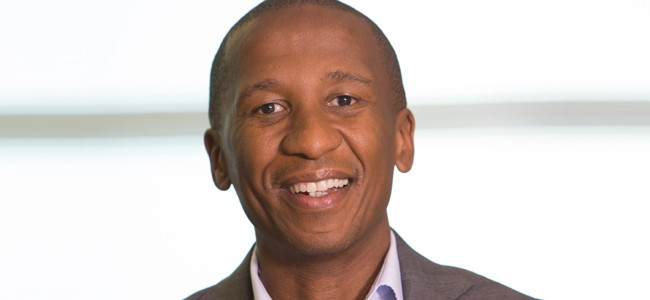
Local telecoms infrastructure solutions provider Dartcom Fibre Solutions yesterday unveiled its R100 million fibre-optic plant facility in Waltloo, Tshwane.
It aims to produce 1 000km of fibre-optic cabling a month for the energy and telecommunications sectors in SA.
Dartcom is a New GX subsidiary and specialises in manufacturing and providing optical fibre, optical fibre cabling, connectivity, FTTX and customised phototonic solutions for various industries. The company's business footprint includes SA, Tanzania, Mozambique and Malawi.
According Dartcom chairman Khudu Pitje, the facility is being constructed in partnership with American optical communications technology giant, OFS (Optical Fibre Solutions), and has been funded by First National Bank as well as shareholders.
"We are extremely proud to be launching SA's first state of the art, black-owned and controlled fibre-optic commercial production facility in the country. Through this factory we will be providing employment for approximately 90 to 100 people from the nearby townships of Mamelodi and Eersterust."
Pitje adds the position of the facility is close to his heart as his father, Hezekiel Mothibe Pitje, was the first mayor of Mamelodi.
"The positioning of the facility adds towards the upliftment of our people. We aim to employ as many as 100 people per shift for three shifts a day, creating higher employment opportunities for residents."
The Dartcom factory, which is 78% black-owned, aims to have the first product rollout by February 2018, and the offerings will be produced under licence from OFS.
Demand for high-speed fibre Internet access is growing at a rapid pace among South African consumers and businesses.
According to an Internet Access in South Africa 2017 study, conducted by World Wide Worx with the support of Dark Fibre Africa (DFA), and released earlier this year, the South African Internet user population is at 21 million, and is expected to grow to at least 22.5 million in 2017, boosted by open-access fibre connectivity.
"Internet access is becoming synonymous with economic access," said Reshaad Sha, chief strategy officer of DFA, in the report. "For this reason, it is critical that the country prioritises the rollout of infrastructure in underserved areas, especially outside the major metropolitan areas."
Kevin South, head of Seacom Business Channel, notes there are even bigger opportunities to rising demand for fibre. "Fibre enables job creation and facilitates innovative thinking, and empowering us to run a digital economy that compares to the best in the world.
"It's key to our country's participation in the global digital era, but we need a progressive mindset to take full advantage of the opportunities."
Share